Microsoft Azure Developing Solutions







Microsoft Azure Developing Solutions Certification course
What will I learn?
- Gain expertise in developing solutions on Azure.
- Learn to design, build, test, and deploy cloud applications.
- Create, configure, and manage web apps and functions.
- Implement robust security measures for Azure solutions.
- Utilize Azure Storage for efficient data management.
- Learn to monitor, troubleshoot, and optimize Azure solutions.
Requirements
- Basic knowledge of Azure services.
- Familiarity with the basic concepts of cloud computing.
- Proficiency in at least one programming language supported by Azure.
Microsoft Azure Developing Solutions Course Content
- Introduction to Azure Development:
- Overview of Azure services and development tools.
- Understanding Azure subscriptions and resource groups.
- Basics of Azure Resource Manager (ARM) templates.
- Developing Azure Compute Solutions:
- Creating and managing Azure App Services.
- Implementing Azure Functions for serverless computing.
- Deploying and managing virtual machines (VMs) in Azure.
- Developing for Azure Storage:
- Using Azure Blob storage for unstructured data.
- Implementing Azure Table storage for NoSQL data.
- Working with Azure Queue storage for messaging.
- Implementing Azure Security:
- Configuring Azure Active Directory (AAD) for authentication and authorization.
- Securing Azure resources using Azure Key Vault.
- Implementing Azure Role-Based Access Control (RBAC).
- Monitoring, Troubleshooting, and Optimizing Azure Solutions:
- Implementing logging and monitoring solutions in Azure.
- Diagnosing and troubleshooting Azure solutions.
- Optimizing the performance of Azure applications.
- Integrating Azure Services:
- Implementing Azure Event Grid for event-driven architectures.
- Using Azure Service Bus for messaging.
- Integrating Azure Logic Apps for workflow automation.
- Developing for Azure App Services:
- Implementing API Management in Azure.
- Securing APIs with Azure API Management policies.
- Implementing Azure Functions for event-driven scenarios.
- Developing Solutions using Cosmos DB:
- Introduction to Azure Cosmos DB.
- Working with DocumentDB data in Azure Cosmos DB.
- Implementing partitioning and scaling in Azure Cosmos DB.
- Implementing Azure Cache and CDN:
- Using Azure Cache for Redis.
- Configuring Azure Content Delivery Network (CDN) for content caching.
- Developing for Azure Storage:
- Implementing Azure Files for SMB-based file shares.
- Working with Azure Queue storage for messaging.
- Implementing Azure Blob storage lifecycle management.
- Implementing Azure Databases:
- Deploying and managing SQL databases in Azure.
- Implementing Azure SQL Database Managed Instance.
- Working with Azure Cosmos DB.
- Developing for Azure Kubernetes Service (AKS):
- Deploying and managing containers in Azure Kubernetes Service.
- Configuring Azure Kubernetes Service networking and scaling.
- Implementing CI/CD pipelines for AKS.
- Azure App Service Deployment:
- Exercise: Deploy a sample web application (e.g., a simple ASP.NET Core or Node.js application) to Azure App Service.
- Tasks:
- Create an Azure App Service plan and web app.
- Configure deployment settings using Azure DevOps or GitHub Actions.
- Monitor the deployment process and verify the application is running in Azure.
- Azure Functions Development:
- Exercise: Create an Azure Function to process incoming HTTP requests and perform a specific task.
- Tasks:
- Set up an Azure Function App.
- Implement an HTTP-triggered function to process requests.
- Test the function locally using Azure Functions Core Tools.
- Deploy the function to Azure and test its functionality.
- Azure Storage Operations:
- Exercise: Work with Azure Blob storage to upload, download, and delete files programmatically.
- Tasks:
- Create a storage account and containers.
- Develop a console application to interact with Blob storage using Azure Storage SDK.
- Implement functionality to upload, download, and delete files.
- Handle exceptions and implement retry policies for robustness.
- Azure Security and Identity:
- Exercise: Implement Azure Active Directory authentication in a web application.
- Tasks:
- Register an application in Azure Active Directory (AAD).
- Configure authentication settings and permissions.
- Integrate authentication into a sample web application using Azure AD Authentication Library (ADAL) or Microsoft Authentication Library (MSAL).
- Test the authentication flow and ensure secure access to application resources.
- Azure Cosmos DB Usage:
- Exercise: Create and query documents in Azure Cosmos DB using the SQL API.
- Tasks:
- Provision a Cosmos DB account and database with the SQL API.
- Develop a console application to interact with Cosmos DB using Azure Cosmos DB SDK.
- Implement CRUD operations for documents (create, read, update, delete).
- Write and execute SQL queries to retrieve data from Cosmos DB.
- Azure Functions Integration:
- Exercise: Implement integration between Azure Functions and Azure Service Bus.
- Tasks:
- Create a Service Bus namespace and queue.
- Develop an Azure Function triggered by new messages in the Service Bus queue.
- Configure message processing logic to perform a specific task (e.g., sending an email, processing an order).
- Test the integration by sending messages to the Service Bus queue.
- Azure Monitoring and Diagnostics:
- Exercise: Set up Azure Monitor for monitoring Azure resources and configuring alerts.
- Tasks:
- Configure Azure Monitor to collect metrics and logs from Azure resources.
- Create alert rules based on specific conditions (e.g., CPU usage threshold, error rates).
- Define action groups to notify stakeholders via email or SMS when alerts are triggered.
- Simulate scenarios to trigger alerts and verify the alerting mechanism.
Get in touch
400+ Global Employment Partners

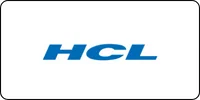
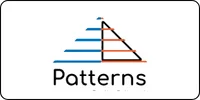

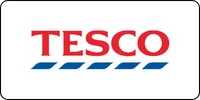

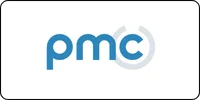

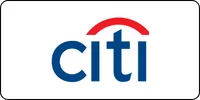

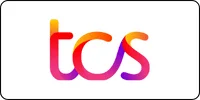

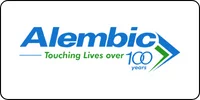
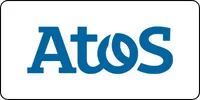
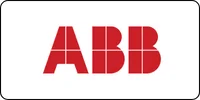
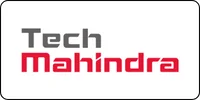
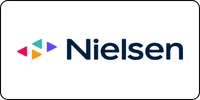
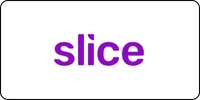
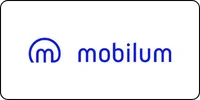
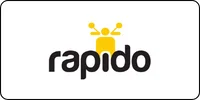
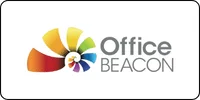

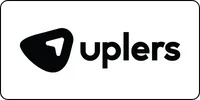
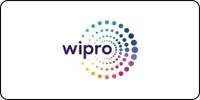
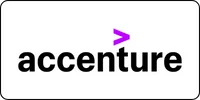
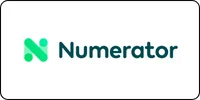

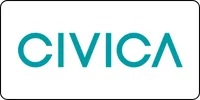
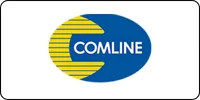
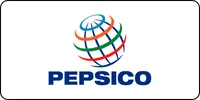
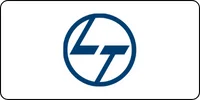
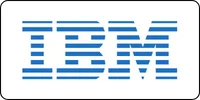
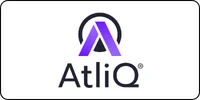
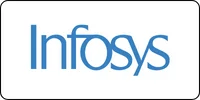

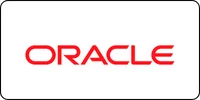
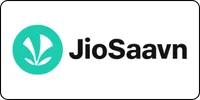

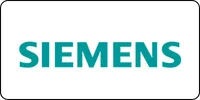
Why Choose Microsoft Azure Developer Certification Course from Bright Computer Education?

Designed Curriculum
Our curriculum covers everything from basic to advanced topics. Topics include variables, data types, control structures, functions, OOP, STL, and more.

Hands-on Learning
Dive into practical exercises and coding projects that reinforce learning and help you build real-world applications.

Experienced Instructors
Learn from industry experts with years of experience in C programming and software development.
Flexible Learning
Choose from flexible scheduling options, including self-paced learning or live virtual classes to fit your busy lifestyle.
Career Development
Gain valuable skills sought after by employers in various industries, from software development to embedded systems and beyond.
Interactive Learning
Engage with fellow learners and instructors through live Q&A sessions, discussion forums, and collaborative coding exercises.
Diverse Career Opportunities in Microsoft Azure Developer: Exploring Paths in India's Technology Sector
Frequently Asked Questions
Recently View Courses
Course Details Curriculum Placement FAQ’s Designing and implementing Microsoft DevOps Solution certification course The...
Read MoreCourse Details Curriculum Placement FAQ’s Designing Microsoft Azure Infrastructure Solutions certification course The AZ-305T00:...
Read MoreCourse Details Curriculum Placement FAQ’s Microsoft Power BI Data Analyst Certification course Start your...
Read More
